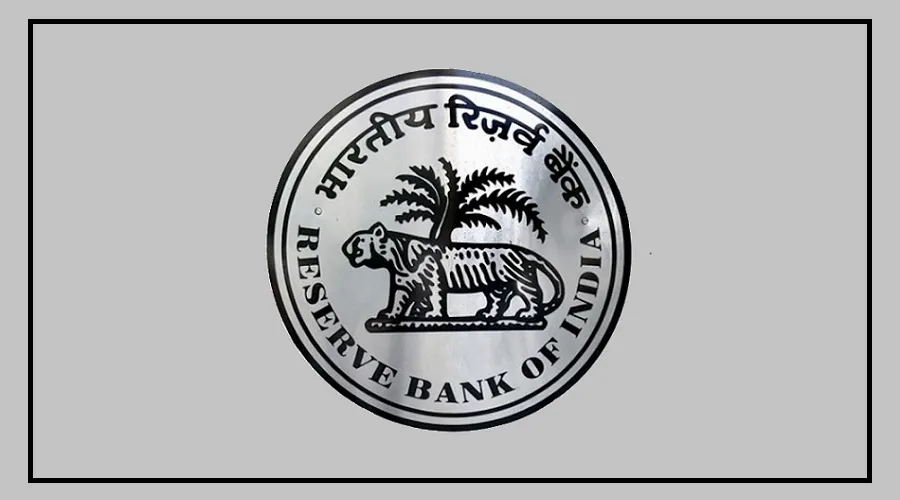As incidents of fraud in the guise of Know Your Customer (KYC) updation persist, the Reserve Bank of India (RBI) has once again cautioned investors to remain vigilant and adopt preventive measures.
To avoid falling victim to money-related scams, the RBI has outlined key steps that individuals can follow to protect themselves.
Common Tactics Used by Fraudsters:
- Unsolicited Messages: Investors often receive unsolicited messages, phone calls, SMS, or emails, urging them to log in and provide personal information.
- Installation Requests for Unauthorized Apps: Fraudsters may send requests to install unauthorized or unverified apps through links embedded in messages.
- Coercive Conversations: Scammers create a sense of urgency during conversations, confusing individuals about what actions to take. Threats of blocking or freezing accounts are often used to manipulate victims.
- Account Access: After obtaining the necessary personal or login information, fraudsters gain unauthorized access to individuals’ accounts.
Preventive Measures Advised by RBI:
- Direct Verification: If you receive a KYC updation request, contact the bank directly to verify the legitimacy of the request.
- Authentic Contact Information: Confirm that you have obtained the bank’s contact number or customer care number from their official website.
- Immediate Reporting: In case of cyber fraud, promptly inform the bank or financial institution.
- Inquire with Bank Branch: Seek information from your bank branch to understand the available methods or options for updating KYC details.
What to Avoid:
- Never Share Sensitive Information: Refrain from sharing account login credentials, card information, PIN, password, or OTP with anyone.
- Avoid Unverified Websites or Applications: Do not provide any information through unverified or unauthorized websites or applications.
- Caution with Links: Exercise caution and refrain from clicking on suspicious or unverified links sent to your mobile or email.
In the event of financial cyber fraud, individuals are encouraged to file a complaint through the National Cyber Crime Reporting Portal (www.cybercrime.gov.in) or contact the Cyber Crime Helpline (1930).
By adhering to these guidelines, individuals can enhance their cybersecurity and protect themselves from potential scams.






















